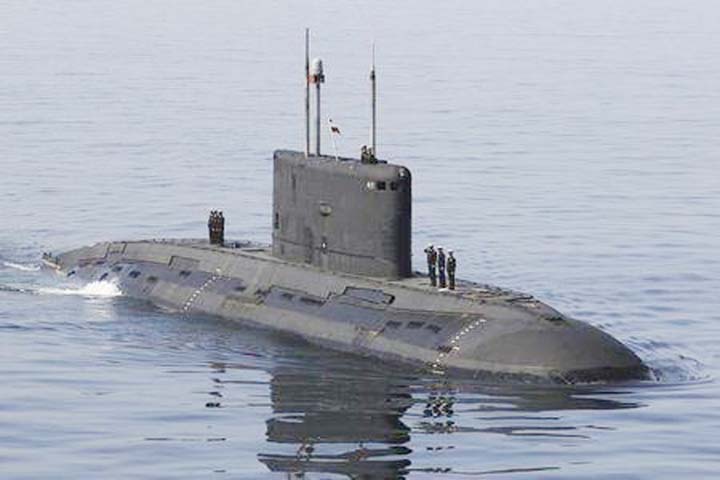
Reuters, Ankara :
Iran is using its sea power in the Gulf to show it will not be cowed by Washington’s newly assertive Arab allies, prompting critics to accuse Tehran of destabilizing the region.
Iranian ships fired shots at a Singapore-flagged tanker which it said damaged an Iranian oil platform, causing the vessel to flee, and seized a container ship in the Strait of Hormuz, the world’s most important oil route, over a debt row. The incidents coincided with a push by Washington to reassure Gulf Arab monarchies that their interests would not be threatened by a nuclear accord that Tehran and world powers are trying to reach by the end of June.
In an escalating confrontation with Saudi Arabia over Yemen, Tehran criticized Arab states for recklessness and brutality in that country, where a Saudi-led coalition is attacking an Iranian-allied militia.
Iran has also sent an aid ship, the Iran Shahed, to the Yemeni Red Sea port of Hodaida to test a naval blockade enforced by the coalition. Several Iranian military officials have warned of war if the Iran Shahed is attacked by Saudi-led forces. It expected to reach the port by Thursday.
“Iran’s recent measures in the Strait of Hormuz have one clear message to Saudi Arabia. No one can ignore Iran’s key role,” said an Iranian official, who asked not to be named due to the sensitivity of the issue.
“Whether reformist or hardliner, Iranian leaders have consensus on securing Iran’s influence in the region,” said the official.
“They (the United States and its Gulf allies) don’t expect a key regional power like Iran to remain silent over its aid ship being prevented from entering Yemen.”
Tehran and Riyadh have long been locked in a proxy war, competing for regional supremacy from Iraq to Syria and Lebanon to Yemen, where Riyadh backs Yemen’s exiled government against Iranian-backed Houthi rebels. In a bold operation by Gulf Arab states, the Saudi-led coalition backed by the West on March 26 began pounding Houthi rebels and allied army units that control much of Yemen as well as inspecting all ships in a bid to stop weapons smuggling.
Tehran denies training Houthi fighters and supplying arms, as claimed by Riyadh. The standoff has intensified since the coalition declared that it had to inspect all aid for Yemen including that sent by Tehran.
Iran has been cautious about direct military confrontation with Saudi Arabia. “Riyadh is trying to drag Iran into a military conflict,” said a senior Iranian security official.

